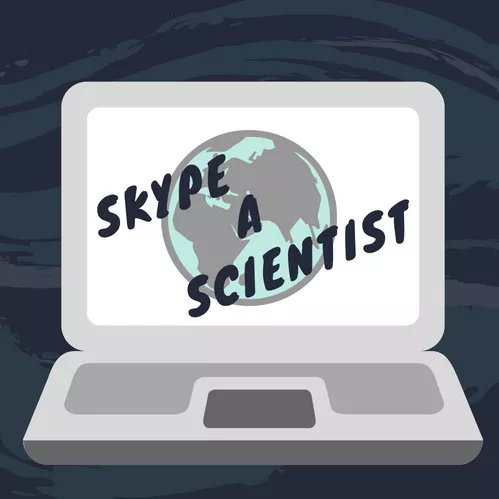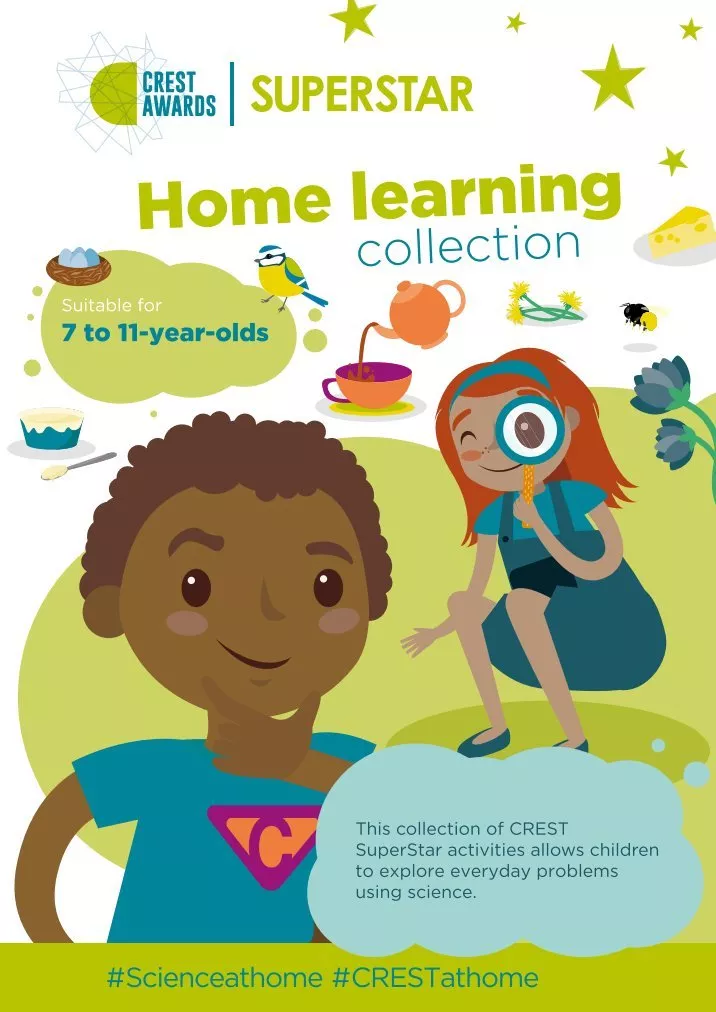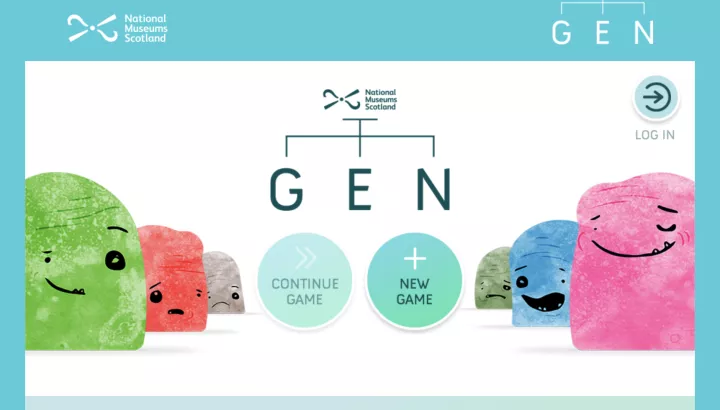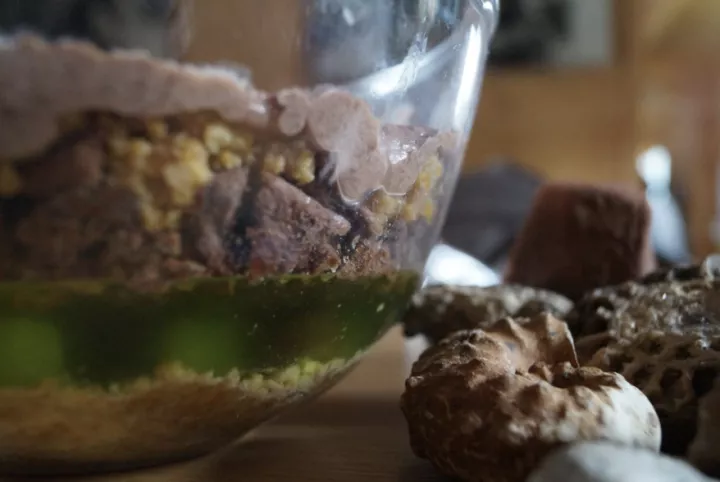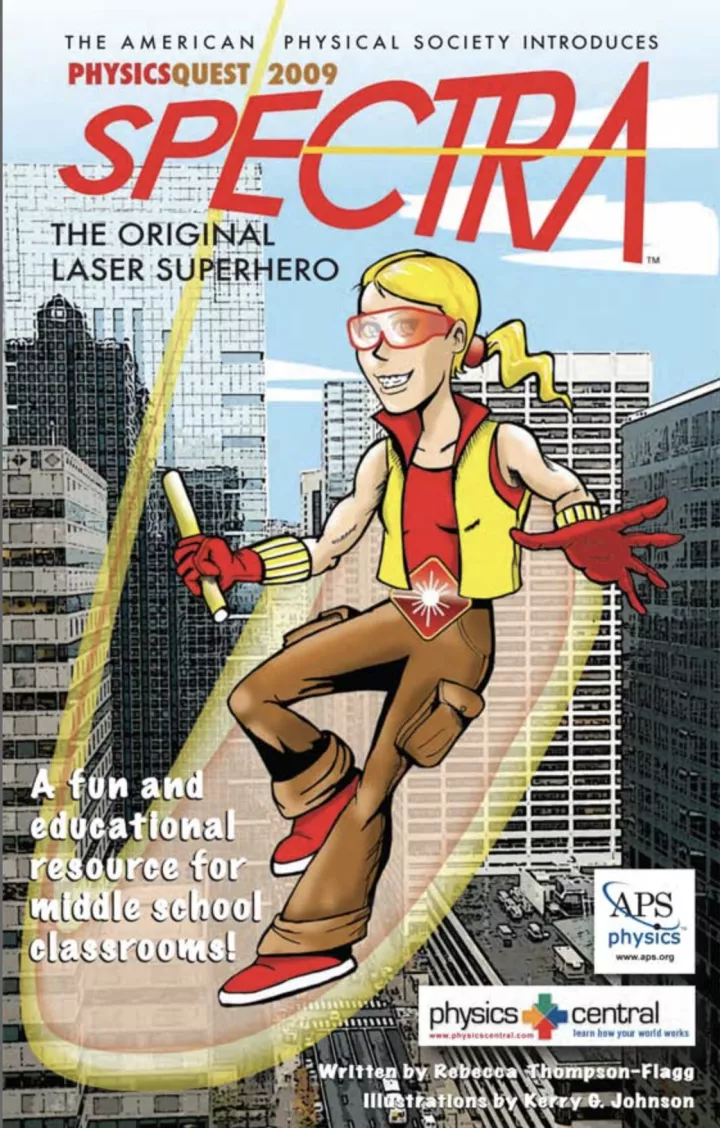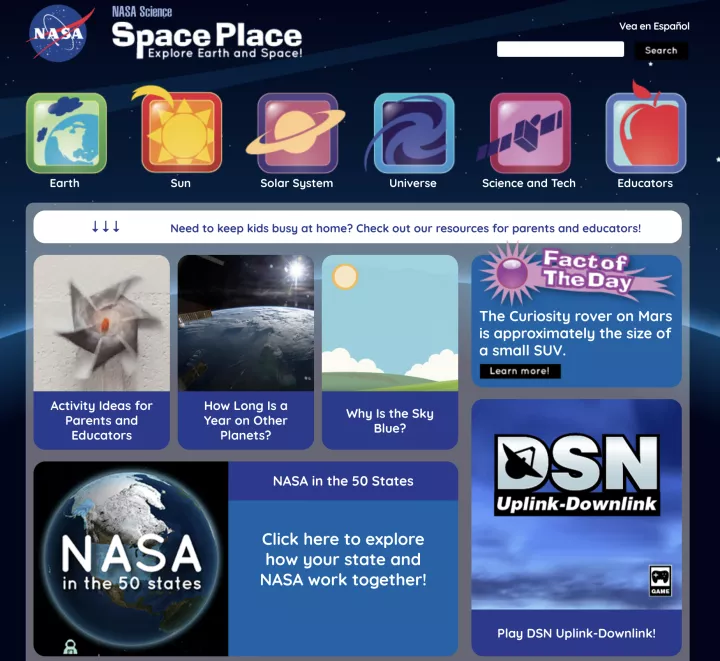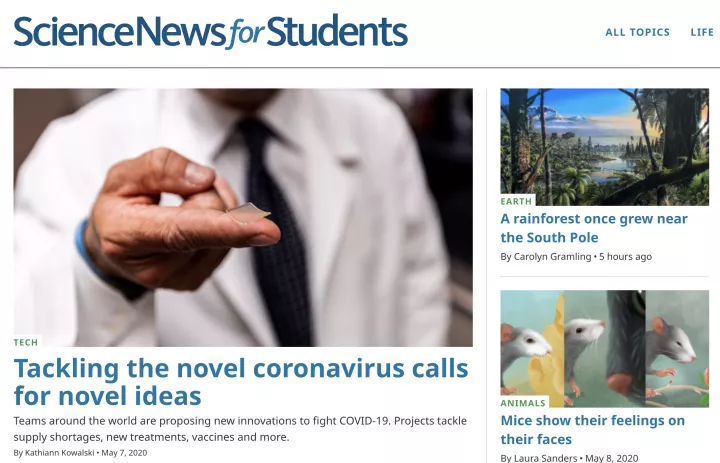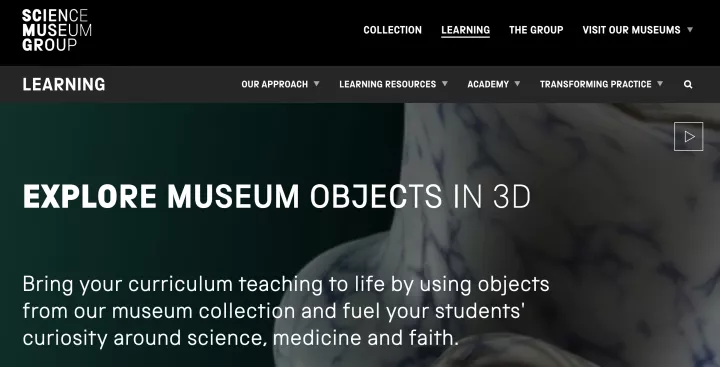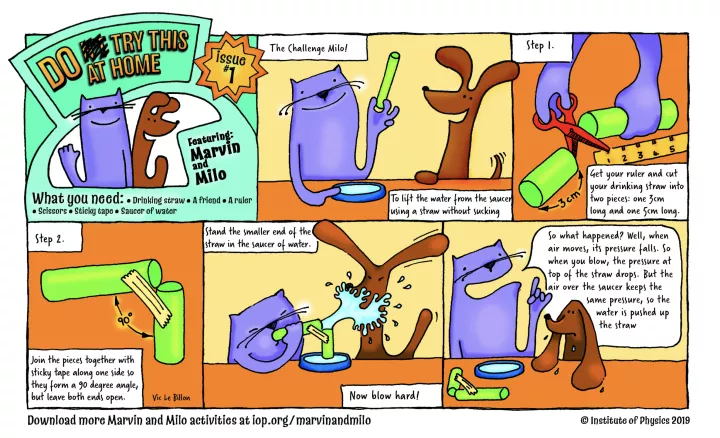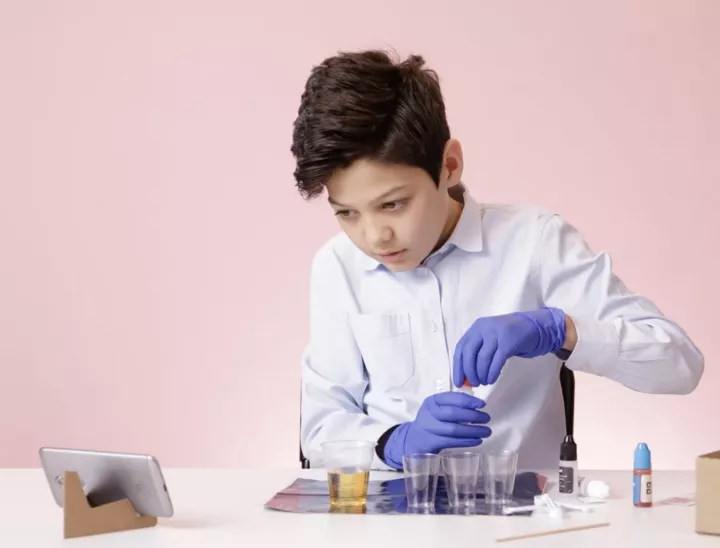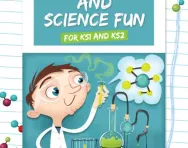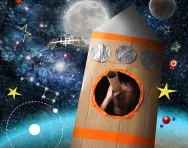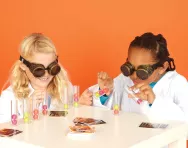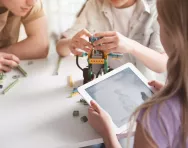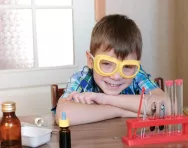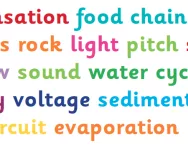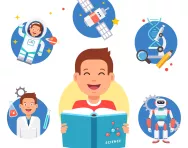Important update from TheSchoolRun
For the past 13 years, TheSchoolRun has been run by a small team of mums working from home, dedicated to providing quality educational resources to primary school parents. Unfortunately, rising supplier costs and falling revenue have made it impossible for us to continue operating, and we’ve had to make the difficult decision to close. The good news: We’ve arranged for another educational provider to take over many of our resources. These will be hosted on a new portal, where the content will be updated and expanded to support your child’s learning.
What this means for subscribers:
- Your subscription is still active, and for now, you can keep using the website as normal — just log in with your usual details to access all our articles and resources*.
- In a few months, all resources will move to the new portal. You’ll continue to have access there until your subscription ends. We’ll send you full details nearer the time.
- As a thank you for your support, we’ll also be sending you 16 primary school eBooks (worth £108.84) to download and keep.
A few changes to be aware of:
- The Learning Journey weekly email has ended, but your child’s plan will still be updated on your dashboard each Monday. Just log in to see the recommended worksheets.
- The 11+ weekly emails have now ended. We sent you all the remaining emails in the series at the end of March — please check your inbox (and spam folder) if you haven’t seen them. You can also follow the full programme here: 11+ Learning Journey.
If you have any questions, please contact us at [email protected]. Thank you for being part of our journey it’s been a privilege to support your family’s learning.
*If you need to reset your password, it will still work as usual. Please check your spam folder if the reset email doesn’t appear in your inbox.
Best science home education resources

Best for "meeting" a scientist from home
How would you like to chat with a scientist from your living room? Skype a Scientist sets up video chats between schools (or individual home-schooling families) and biologists, astronomers, physicists, archeologists, geologists, climate scientists, oceanographers, engineers, computer scientists and more... all for free! The video chats are question and answer conversations, so you can talk to an expert about what makes YOU curious. All you need is access to Zoom / Skype / another video chat client and an internet connection!
I’m a Scientist, Get me out of here is an online science engagement platform which connects UK schoolchildren from age 10 to 18 with working scientists, through live moderated text-based chats. They are currently running an Open Chat for primary school children every weekday from 2pm to 3pm, and the free sessions are open to children taking part from home (without the need for a teacher to book the activity for their class). The perfect opportunity for your child to ask a real expert why the sky is blue (and other science questions!)!
Best for science activities with children of different ages
Explorify at home suggests science activities for parents and carers. It's based on the primary science curriculum, but easy to do at home with no special materials needed. Every week there's a different theme, with videos to watch and follow-on DIY tasks to try (they're organised by age and curriculum topics, but easy to do all together as a family of mixed-aged children). Look through the Plants, Properties of materials, Classification and Forces activities and get started!
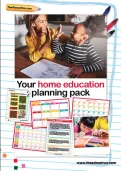
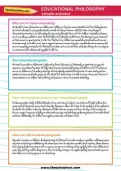
Free home education planning pack & resources
- Guidance, templates & advice
- Practical tips from experts and parents
- How to establish a routine and set goals
Best for downloadable science activity packs
British Science Week activity packs are bursting with science fun for all ages (you can choose from early years, primary and secondary packs).
You can also download Star and Superstar-level science activities for primary children and choose from projects based on chemistry (cheese-making), chromatography (ink investigations) and physics (bridge-building). Or why not have a go at making bath bombs and fizzy drinks or investigating what helps bread rise?
Best for live experiments
Mad Science livestreams follow-at-home experiments for children three times a week; tune in live to participate with other viewers or watch on catch up (each session costs £4 or £8 for three; once you have purchased a ticket you can rewatch as many times as you like). Each session is designed for children aged 4 to 12 and lasts around 40 minutes. The topics vary, but expect curriculum-linked themes like Fire & Ice or Rockin' Renewables.
Best for interactive science games
Fix robots, take the sheet metal challenge, design a clinical trial, build a wind farm, learn Morse code and smash some atoms – you'll have loads of different science-themed interactive games to choose from on the National Museums Scotland website, and they're all free to play.
Best for hands-on geology fun
Create your own model of the layers that make up the Earth, model basic plate tectonics, design a trilobite, make your own Sedimentary Strata Trifle (yum!) to find out how sedimentary rocks are formed and explore how igneous rocks behave – the Home GeoLab from Dudley Canal & Tunnel Trust has suggestions for hours of geological fun.
Best for science comics
PhysicsCentral has been engaging children with physics-based comic books for years – so there are loads of issues available for you to read for free online! The story-based information comics (topics covered include forces, lasers and sound waves) are designed for KS2 and KS3 learners.
For younger children, Color Me Physics is a physics-themed colouring book that introduces children to physics and famous physicists.
Best for space exploration resources
NASA Space Place is your one-stop online destination for space and Earth activities. Explore Mars on a space rover, bake sunspot cookies, roam across the solar system, find out why the sky is blue and consult a science glossary – with games, crafts, activities and videos to browse through there's something for every star-gazer, whatever their age.
Best for the latest science information
Science News for Students is an award-winning online publication dedicated to providing age-appropriate, topical science news to learners, parents and teachers. The reporting is accurate and easy for children to understand, covering the latest science news and even the facts behind the science fiction in films and stories.
Best for a virtual science museum visit
An artificial arm, a leech jar, an Enigma machine and a marine sextant – just a few of the objects from the Science Museum collections which you can look at in 3D online. Learn how they were used, discover how science and technology have changed our everyday lives and find out about some of the huge advances in medicine and health over the last 400 years.
The Science Museum Learning Resources portal is also packed with games and activity suggestions.
Best for a library of KS1 science fun
Who wouldn't want to experiment with Antigravity Maltesers, Eerie Blue Water, Moody Magnets, a Gloveaphone or Mushrooming Magnets? There are 155 Marvin and Milo science activities to choose from on the Institute of Physics website, all introduced with cartoon instructions and accessible for free.
Best for free science webinars
Conduct hands-on science experiments, explore virtual reality lessons and learn with the help of science teachers in the MEL Academy. Choose a date, time and topic, sign up for a webinar, prepare a few household materials fso you can follow along with the experiment and access the webinar online to watch teachers demonstrate each experiment and explain the underlying science and concepts.
If you'd rather work at your own pace, look through MEL's library of chemistry experiments and useful articles (we quite fancy making a green omlet for tea or constructing a raisin lava lamp!).
